SDG16
NCKU College of Social Sciences Forum: Analysis of Indo-Pacific Strategic Direction Following the U.S. Presidential Election
The results of the fiercely contested U.S. presidential election were revealed on the afternoon of November 6, 2024 (Taiwan time). To analyze the strategic implications of the election on the Indo-Pacific region and to formulate Taiwan’s response strategies, the College of Social Sciences and Department of Political Science at National Cheng Kung University (NCKU) organized a forum titled “The Indo-Pacific Strategic Direction Following the 2024 U.S. Presidential Election” on November 6.
The event invited prominent international relations scholars, including Research Fellow Cheng-Yi Lin from Academia Sinica’s Institute of European and American Studies, Professor Deng-Chia Chang from National Taiwan University’s Department of Political Science, Director Yu-Jen Kuo of the Institute of China and Asia-Pacific Studies at National Yat-Sen Sun University, and Professor Hung-Jen Wang from NCKU’s Department of Political Science. Together, they analyzed the potential trajectory of Indo-Pacific geopolitics following Donald Trump’s election as the 60th President of the United States, while exploring Taiwan’s strategic responses. The forum was chaired by Associate Dean of the College of Social Sciences and Department Chair Professor Hsin-Chih Chen, with opening remarks delivered by Dean Professor Chun-Li Tsai. The lively discussions attracted enthusiastic participation from students.
Professor Chun-Li Tsai expressed concerns about the future of Taiwan’s military budget and tariff issues under the Trump administration. Students in attendance voiced questions about the potential impacts of Trump’s presidency on democratic nations and on Taiwan Semiconductor Manufacturing Company (TSMC). Research Fellow Cheng-Yi Lin emphasized that Taiwan’s defense budget, which is anticipated to increase from 2.6% to 3% of GDP, has become a bipartisan consensus in Taiwan. He added that while Taiwan’s semiconductor investments in the U.S. present challenges, compromises are inevitable, and the government must carefully strategize their implementation.
Research Fellow Cheng-Yi Lin reviewed the U.S. electoral process, noting that despite facing four legal challenges and an assassination attempt, Trump overcame these obstacles to secure victory. Public opinion in the U.S. centered on economic and immigration issues, which aided Trump’s campaign. While Trump’s presidency may be seen as a nightmare for many countries, leaders such as Kim Jong-un and Vladimir Putin likely welcomed his election. Lin also predicted that U.S.-China trade tensions, including tariffs and investment restrictions, would escalate. For Taiwan, Trump’s policies could enhance the quality of U.S. arms sales but would demand increased defense spending. Lin highlighted the importance of monitoring Trump’s cabinet composition as a key area for Taiwan’s engagement.
Professor Deng-Chia Chang described Trump as a “game changer” with a majority in the electoral college, popular vote, and both houses of Congress. Trump’s unpredictable strategies, aimed at “making America great again,” could lead to high uncertainty in U.S. foreign policy, particularly in Indo-Pacific and U.S.-China relations. Chang noted that Trump’s unilateralist approach often involves leveraging flexibility to secure transactional outcomes, making him a dominant force in shaping U.S. policies.
Director Yu-Jen Kuo observed that the international situation might deteriorate rapidly even before Trump takes office. Leaders such as Kim Jong-un, Vladimir Putin, Israeli Prime Minister Benjamin Netanyahu, and Ukrainian President Volodymyr Zelensky may adopt more aggressive actions to consolidate their positions. Kuo also predicted that China might adopt a strategy of retrenchment, hoping to exploit internal turmoil within democratic nations. However, these developments could weaken the Indo-Pacific democratic alliance.
Professor Hung-Jen Wang noted that pre-election polls and media projections of a close race between Trump and Kamala Harris failed to materialize. With Trump securing full control, he is likely to aggressively pursue his proposed tariffs and defense spending increases. Wang warned that U.S.-China interactions under Trump are unlikely to improve, while U.S.-Taiwan relations will face tensions, particularly regarding increased military spending and pressures on TSMC. Taiwan’s National Security team must work to minimize and swiftly resolve these growing pains.
The event invited prominent international relations scholars, including Research Fellow Cheng-Yi Lin from Academia Sinica’s Institute of European and American Studies, Professor Deng-Chia Chang from National Taiwan University’s Department of Political Science, Director Yu-Jen Kuo of the Institute of China and Asia-Pacific Studies at National Yat-Sen Sun University, and Professor Hung-Jen Wang from NCKU’s Department of Political Science. Together, they analyzed the potential trajectory of Indo-Pacific geopolitics following Donald Trump’s election as the 60th President of the United States, while exploring Taiwan’s strategic responses. The forum was chaired by Associate Dean of the College of Social Sciences and Department Chair Professor Hsin-Chih Chen, with opening remarks delivered by Dean Professor Chun-Li Tsai. The lively discussions attracted enthusiastic participation from students.
Professor Chun-Li Tsai expressed concerns about the future of Taiwan’s military budget and tariff issues under the Trump administration. Students in attendance voiced questions about the potential impacts of Trump’s presidency on democratic nations and on Taiwan Semiconductor Manufacturing Company (TSMC). Research Fellow Cheng-Yi Lin emphasized that Taiwan’s defense budget, which is anticipated to increase from 2.6% to 3% of GDP, has become a bipartisan consensus in Taiwan. He added that while Taiwan’s semiconductor investments in the U.S. present challenges, compromises are inevitable, and the government must carefully strategize their implementation.
Research Fellow Cheng-Yi Lin reviewed the U.S. electoral process, noting that despite facing four legal challenges and an assassination attempt, Trump overcame these obstacles to secure victory. Public opinion in the U.S. centered on economic and immigration issues, which aided Trump’s campaign. While Trump’s presidency may be seen as a nightmare for many countries, leaders such as Kim Jong-un and Vladimir Putin likely welcomed his election. Lin also predicted that U.S.-China trade tensions, including tariffs and investment restrictions, would escalate. For Taiwan, Trump’s policies could enhance the quality of U.S. arms sales but would demand increased defense spending. Lin highlighted the importance of monitoring Trump’s cabinet composition as a key area for Taiwan’s engagement.
Professor Deng-Chia Chang described Trump as a “game changer” with a majority in the electoral college, popular vote, and both houses of Congress. Trump’s unpredictable strategies, aimed at “making America great again,” could lead to high uncertainty in U.S. foreign policy, particularly in Indo-Pacific and U.S.-China relations. Chang noted that Trump’s unilateralist approach often involves leveraging flexibility to secure transactional outcomes, making him a dominant force in shaping U.S. policies.
Director Yu-Jen Kuo observed that the international situation might deteriorate rapidly even before Trump takes office. Leaders such as Kim Jong-un, Vladimir Putin, Israeli Prime Minister Benjamin Netanyahu, and Ukrainian President Volodymyr Zelensky may adopt more aggressive actions to consolidate their positions. Kuo also predicted that China might adopt a strategy of retrenchment, hoping to exploit internal turmoil within democratic nations. However, these developments could weaken the Indo-Pacific democratic alliance.
Professor Hung-Jen Wang noted that pre-election polls and media projections of a close race between Trump and Kamala Harris failed to materialize. With Trump securing full control, he is likely to aggressively pursue his proposed tariffs and defense spending increases. Wang warned that U.S.-China interactions under Trump are unlikely to improve, while U.S.-Taiwan relations will face tensions, particularly regarding increased military spending and pressures on TSMC. Taiwan’s National Security team must work to minimize and swiftly resolve these growing pains.
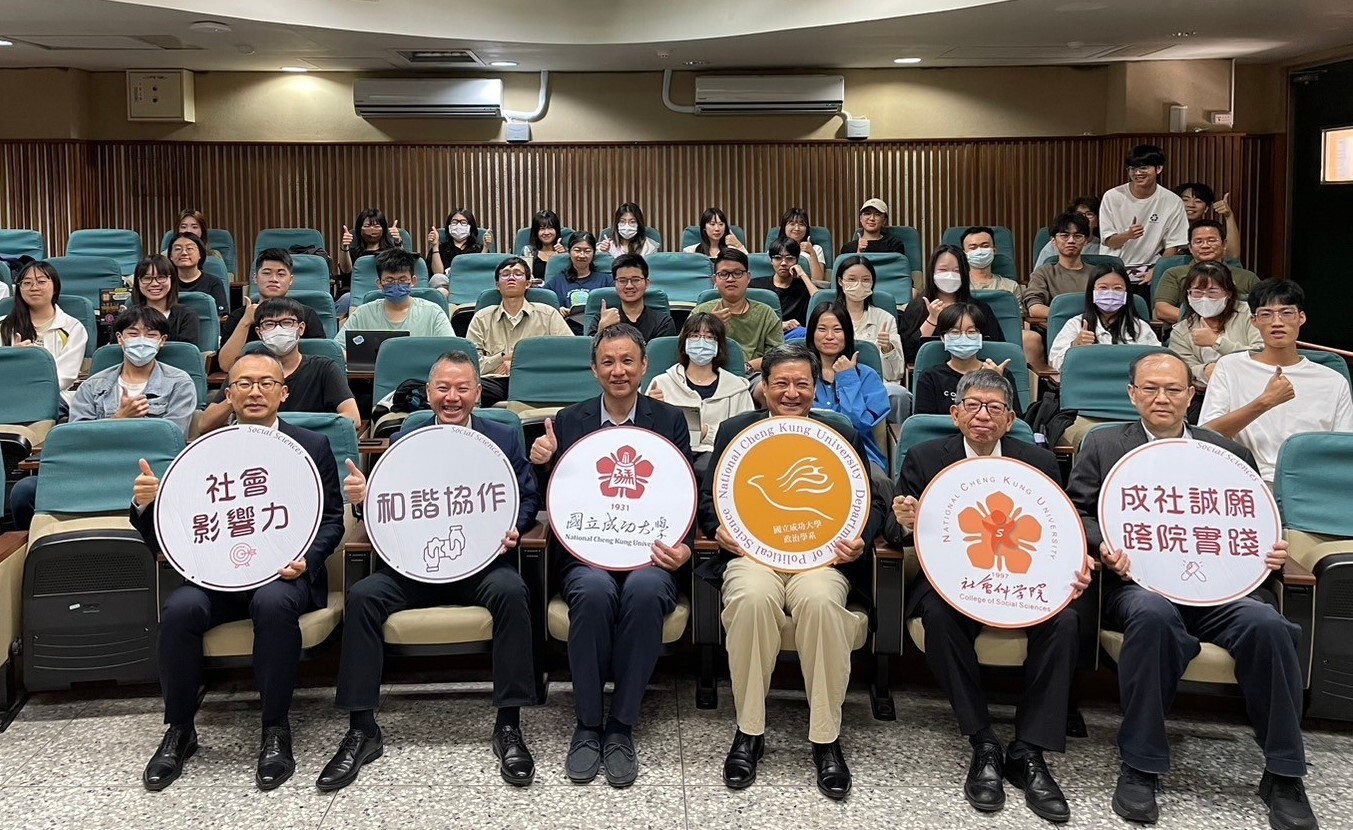
The results of the fiercely contested U.S. presidential election were announced today (6th). In the afternoon, the NCKU College of Social Sciences held the forum "The Indo-Pacific Strategic Direction Post-2024 U.S. Presidential Election."
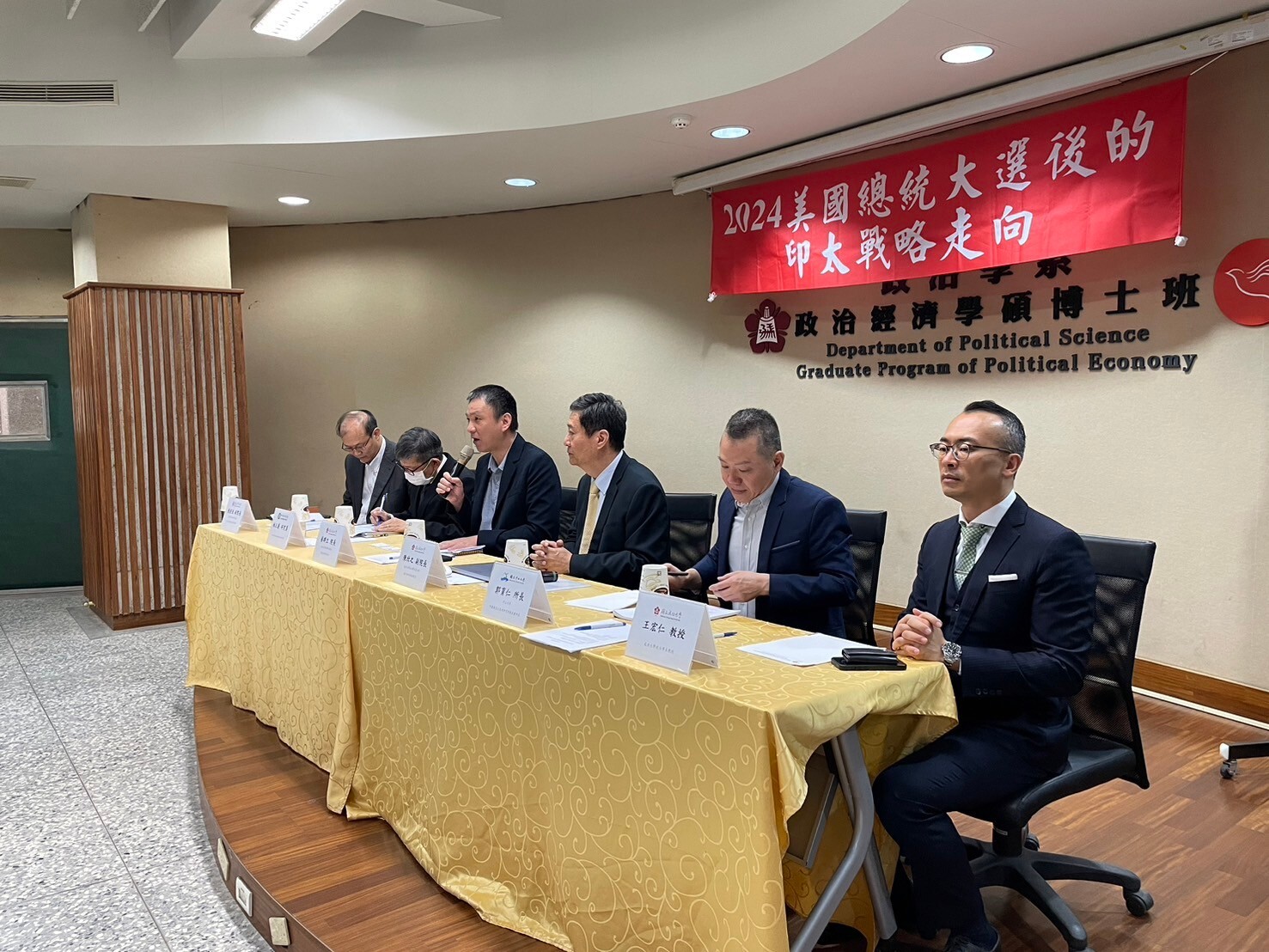
The NCKU College of Social Sciences hosted a forum where scholars and experts formulated strategies for Taiwan's response, offering professional insights from southern Taiwan on global development trends.
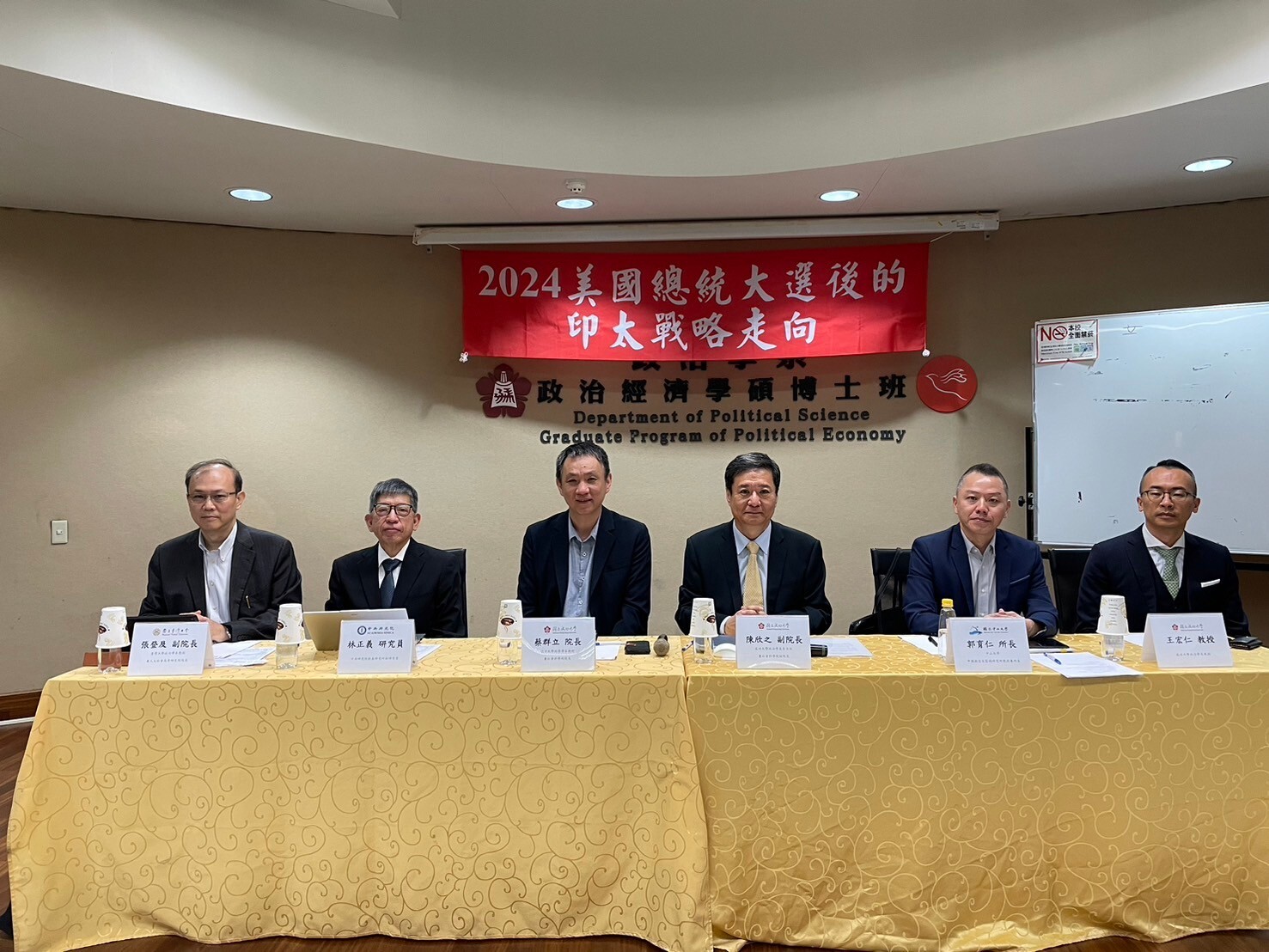
NCKU College of Social Sciences Forum: Immediate Analysis of Indo-Pacific Strategic Direction Following the U.S. Presidential Election
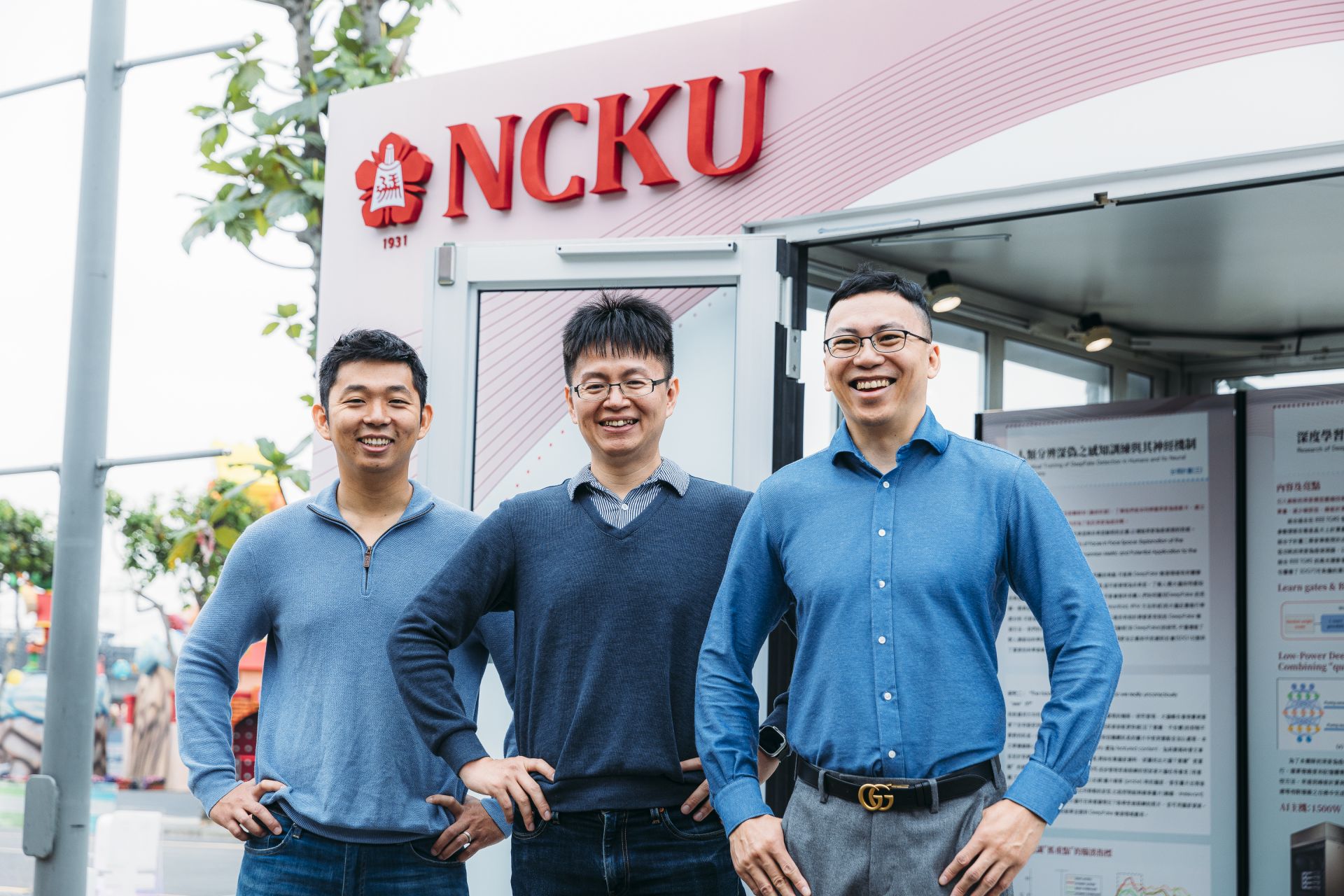
SDG16NCKU Proposes Deepfake Detection for 2024 Taiwan Lantern Festival, Enhancing Multimedia Security with Green Computing
View more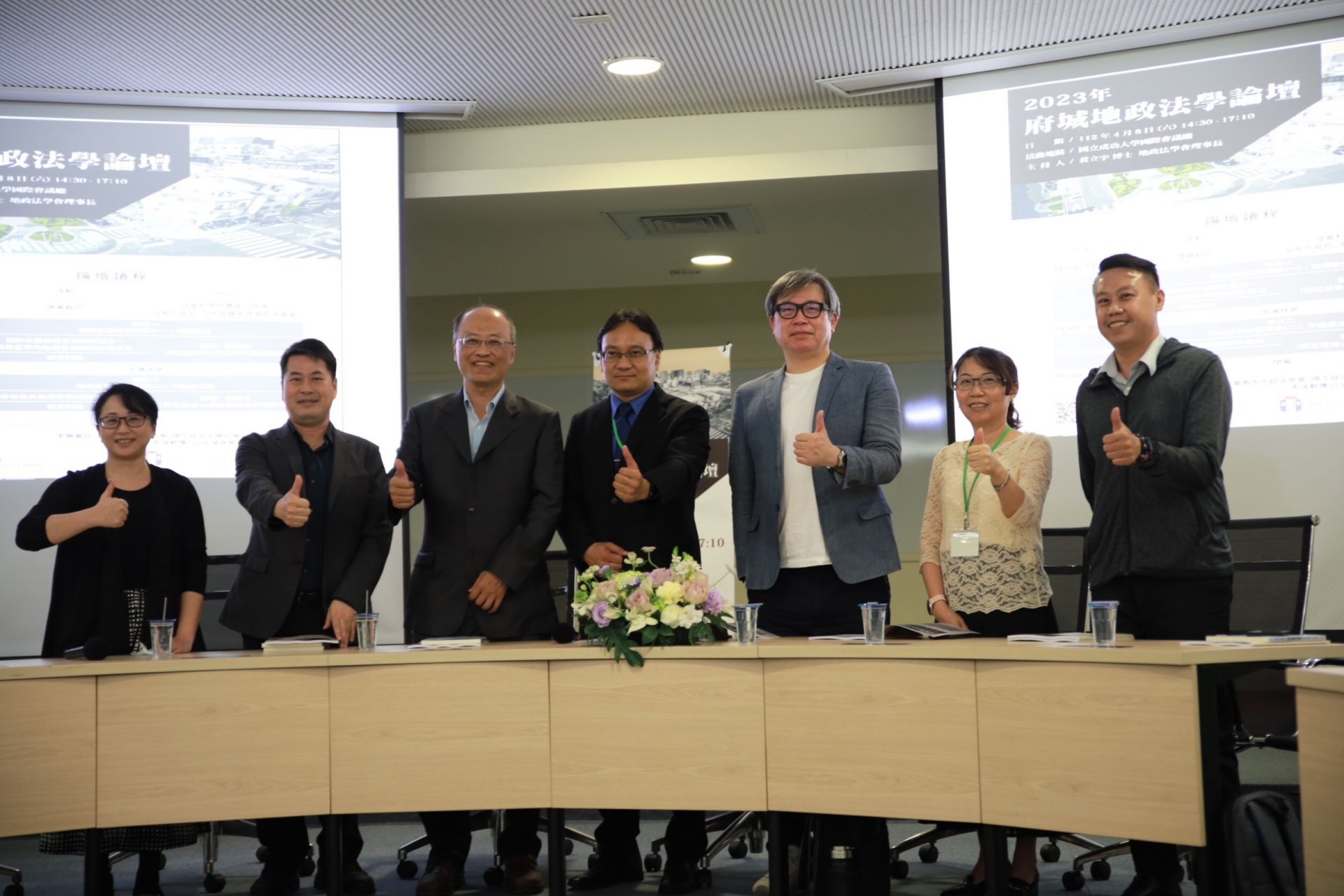
SDG162023 Fucheng Land Administration Law Forum in NCKU : Two-way Exchange and Learning Between Scholars, Experts and Practitioners
View more



















